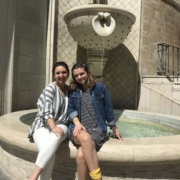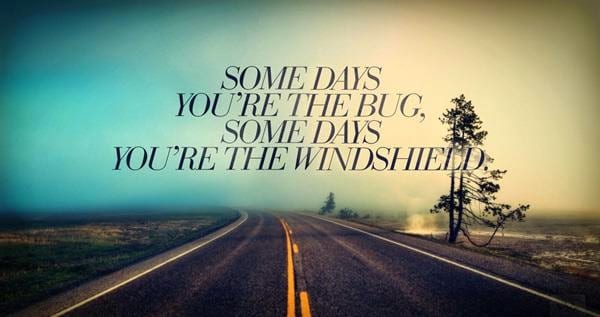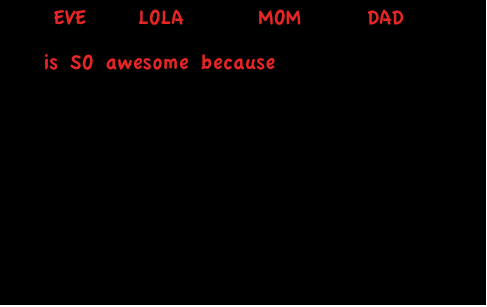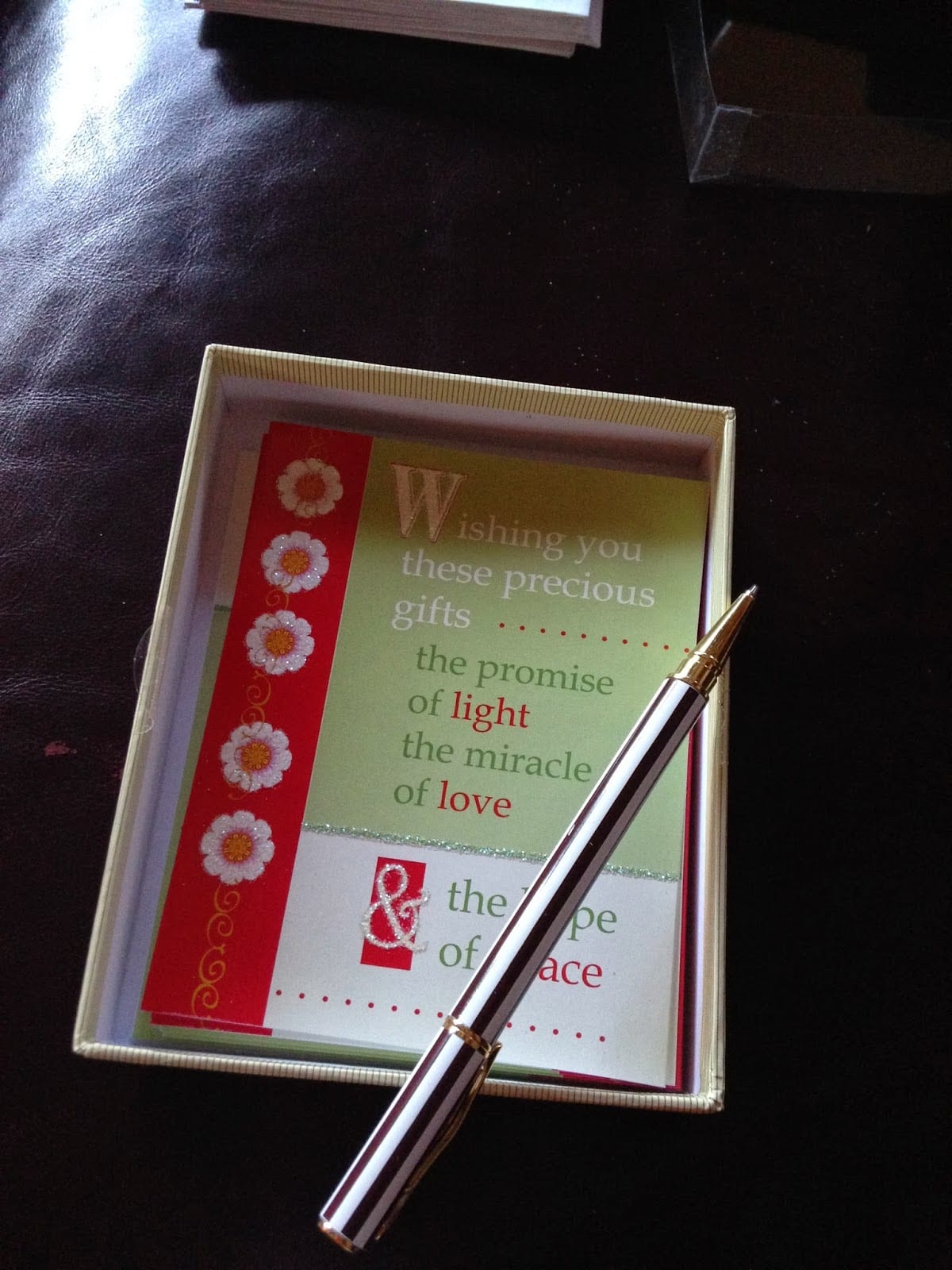As a person who has struggled with anxiety and depression
throughout her life, perhaps choosing a career as a writer wasn’t the best way
to go. Writers, especially freelance writers, experience far more rejection
than the average person.
Fortunately, during some intense research I was doing on
adolescence and brain development, I discovered several studies on the power of
gratitude. When I was really wrestling with darkness, mornings were the most
challenging time for me. I woke up, opening one eye at a time to gauge whether
that semi-truck of pain and longing was heading for me before I swung my feet
out of bed onto the floor. Often, before I could get both eyes open, my mind
would begin to race and my heart would pound as I anticipated what the day had
in store for me. After reading about the way gratitude shifts our thinking
patterns and affects our brain chemistry, I decided to start each day with a
short list of things for which I was truly grateful. I envisioned it as a sort
of shield against that truck hurtling toward me.
In the beginning, it was often hard to come up with a list;
not because I don’t have many, many blessings in my life, but because I have an
innate tendency to qualify them. As soon as I think of one, I either compare it
to someone else and feel guilty that, say, my kids are healthy and I have a
friend whose kids aren’t – which effectively soils the gratitude – or it feels
trite and petty, like being grateful that I have enough money to pay my bills.
Even in my gratitude practice, I found myself wanting – either for more ‘pure’
things like love (which feels a little too nebulous sometimes, to be honest) or
for deep, profound items on my list that really resonated in my bones. I am
nothing if not stubborn, though, and motivated by the fervent desire to keep my
depression and anxiety at bay, I kept going despite the sometimes pathetic
nature of my lists. Every day, I thought that maybe tomorrow I could come up
with something beyond gratitude for my soft, warm bed, my kids, and my husband to
be grateful for.
When my teenage daughter was struggling with anxiety upon
starting high school, I encouraged her to start a gratitude practice to see if
it could help her. Every night before bed, I would text her three things for
which I was grateful and she would text me back right before falling asleep. My
hope was that if the last thoughts she had every day were ones that filled her
up rather than dragging her down, perhaps she would wake up with optimism for
the coming day instead of dread. Her lists began much as mine had. She was
grateful for a full belly and a soft pillow and a roof over her head. But over
time, she was able to open up and recall specific things that had happened
during the day that were positive – a friendly smile in the cafeteria, being
picked by a classmate to partner on a project because she is so organized, to
appreciating a trusting relationship with a special teacher. Her perspective
shifted over a period of weeks and she went from finding excuses to stay in bed
to getting up and tackling each new day and its challenges with a feeling of
competence and groundedness.
Over time, my definition of gratitude has developed and I’ve
come to understand what it is about this practice that has been so effective
for me. In the beginning, I often attempted to come up with things by starting
with, “at least I’m not….” What I discovered is that if I am comparing my life
to someone else’s (as in, “at least I’m not part of this oppressed group or
that oppressed group,” or thinking about all the ways my situation could be
worse such as, “neither of my kids is terminally ill and I’m not homeless,”),
I’m not really being grateful. That’s just another way my anxiety is telling me
my life could run off the rails at some point, so I should really be cautious.
Instead of helping me feel calm and centered, it is really reminding me that
one or more of those things could potentially happen and, for now, I’m just
dodging a bullet.
If I am making a mental note of the number of “good” things
in my life as compared to the number of “bad” things, that is also not helpful
gratitude. Weighing them against each other in a sort of balance sheet is not a
positive step. The fact is, both things exist simultaneously (and are often
intertwined with each other) in my life and in my mind, but gratitude is about
the ones I consciously choose to pay attention to. It doesn’t make the
challenges and difficulties in my life disappear, it simply allows me to notice
that there are many positive things in my life, too.
The human brain is wired to look for deficiencies, expect
sabotage, and find the things that need ‘fixing.’ This isn’t always a bad thing
– often I am happy to know that there is something I can do to make things
better. But unless I take the time to really engage in a gratitude practice, I
won’t notice the things that are absolutely right and lovely in the world all
around me. I might notice the pile of unfolded laundry lying on the couch, but
I can also choose to see that the dishes are all clean and the dog is fed and
happily snoozing in his bed and an essay I was working on this morning is coming
along nicely.
I am loathe to imply that gratitude is a complicated thing,
though, because when I am in the zone, it truly isn’t. When I am really tuned
in to the goodness and abundance in my life, the list of things for which I am
grateful grows quickly and easily. For me, the key to gratitude is to simplify
things. When I am frustrated and irritable, the best thing for me to do is stop
and look around. I see my computer and I am grateful for the ability to write
and connect with people who are important to me online. I catch sight of a
glass of water on the counter and appreciate clean water and a cupboard full of
dishes. I note my sunglasses on the table next to me and close my eyes and
thank goodness that I can so often feel the warm sun on my back. When I can
keep myself from trying to create stories or context, I can find simple, pure
gratitude and suddenly, there is more air in the room.
Knowing that every time I actively look for things that are
right in my life means I am activating the parts of my brain that produce
serotonin and dopamine gives me hope. When I started that gratitude practice
all those years ago out of desperation, I was beginning a process of rewiring
my brain to more easily find happiness. Sticking with it, I realized that it
does become easier over time to recognize and appreciate simple things that
give me joy. While I still struggle with anxiety (and rejection), I am more
able to see it as a part of this messy, glorious life I am living instead of
letting it keep me from getting out of bed in the morning.










